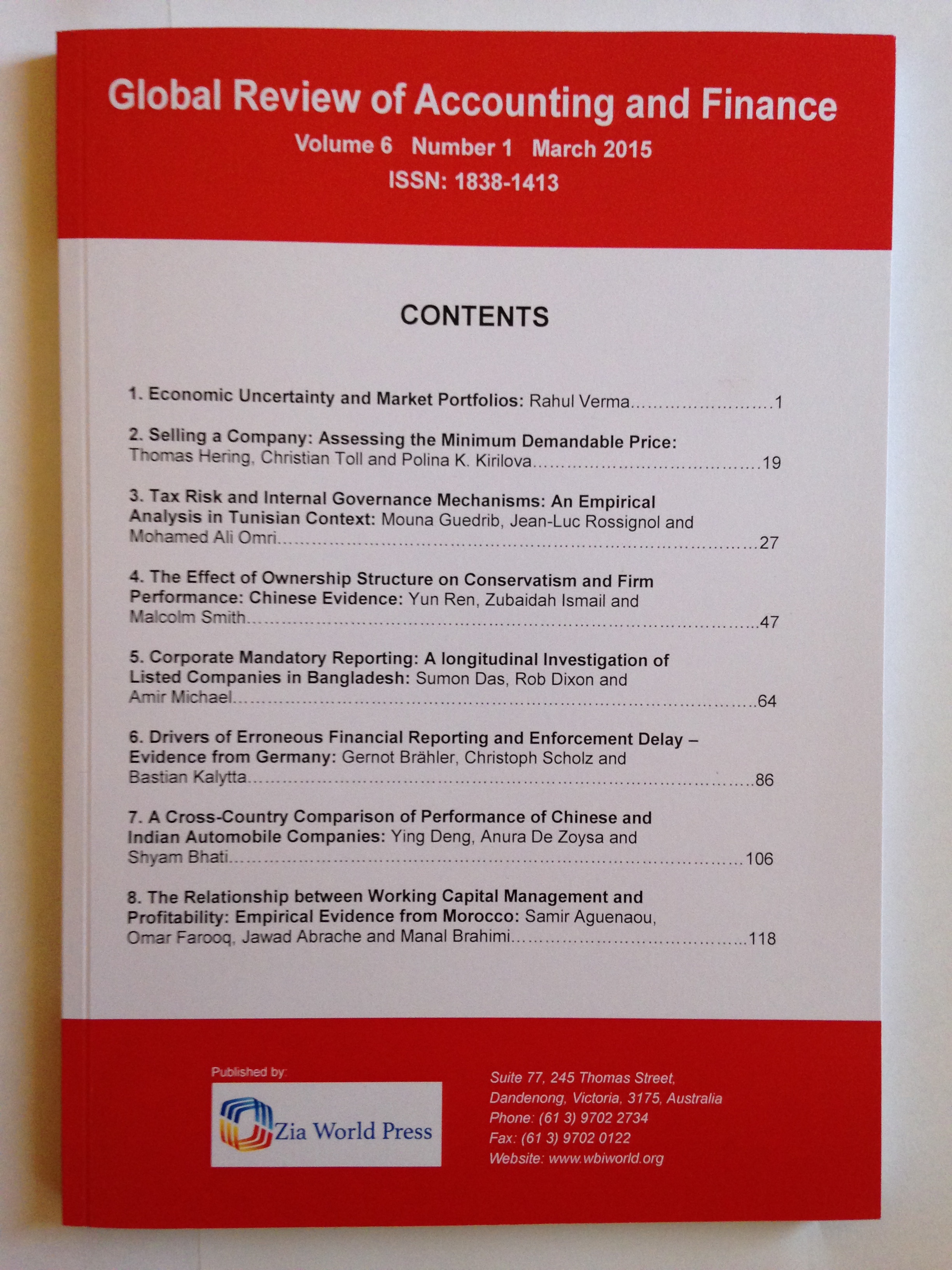July
2021

July 2021 (Global Review of Accounting and Finance)
Total Articles - 5
